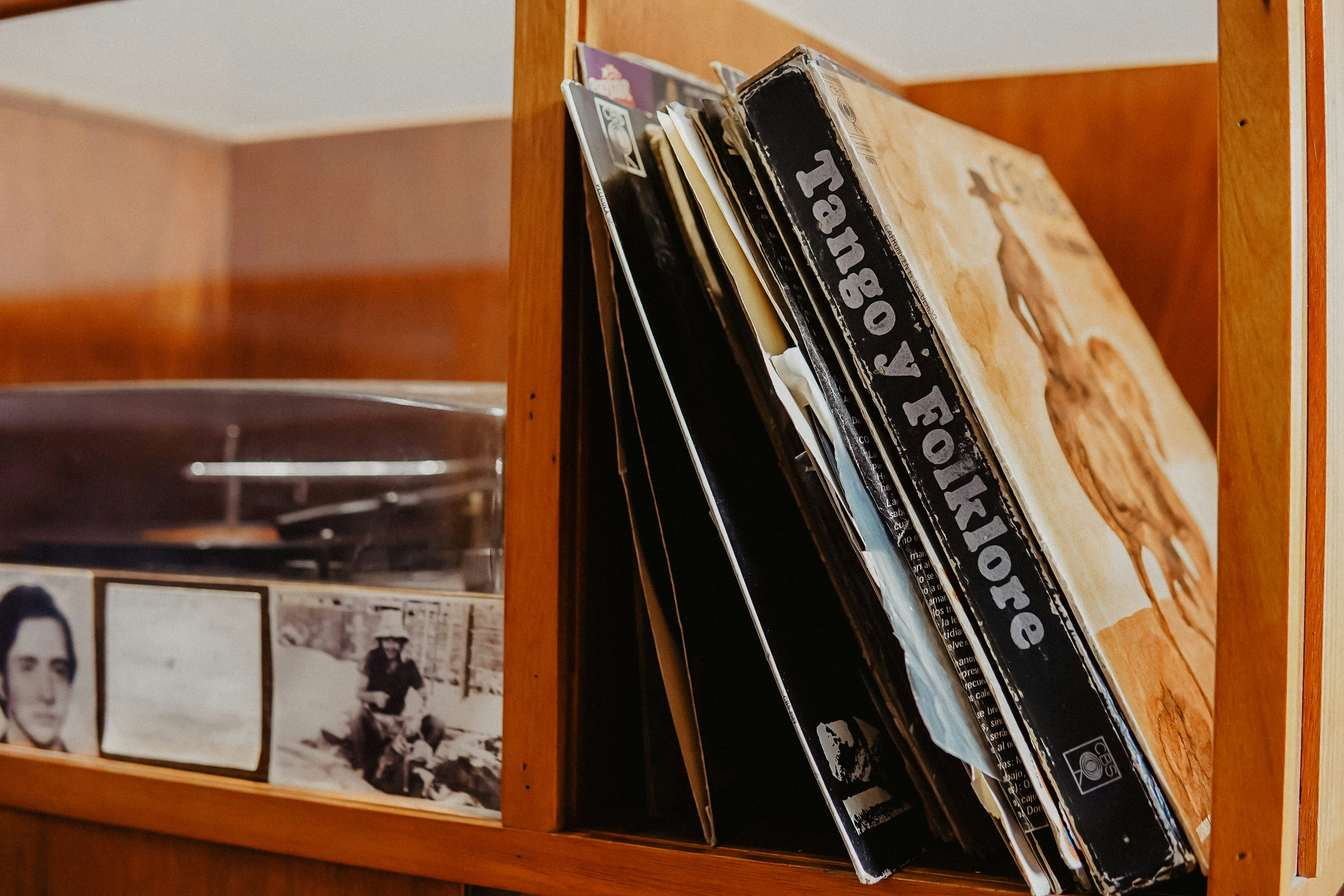Reflections on the various remarks of the Holy Father concerning migrants
Not all migrants arriving in Europe today are fleeing a catastrophic situation. They often arrive with big smiles. They don't all seem destitute. They show no nostalgia for their country and arrive in numbers to find another number. Melancholy is absent, because it is compensated by the communitarianism that they import and that they rediscover. Finally, they travel as single people, without wives or children, which should be intriguing. At least. That there is a will behind this seems obvious, even if the conspiracy label will be brandished at this sentence. The old-style migrants left an unfavorable situation to find not comfort, but rather to escape hell, without being sure of finding comfort, but armed with hope as I said above. They left with women and children, because they wanted to protect them. National feeling has disappeared among modern migrants, are they a-national? If so, what could make them a-national, a supra-nationality? Where do they find the money to make the crossing? During the Iraq War, Christian religious authorities noted that passports and visas had been widely distributed, where before the war it was extremely difficult to obtain one. Finally, the fact that the majority of its migrants are Muslims should also raise questions. When we know that a Muslim must die (and therefore live) in a Muslim land, we can only ask ourselves the question of their lack of desire to join a Muslim land. Especially since these are often much closer geographically than Europe. So many questions that Pope Francis never asks. So many questions that seem to make sense.
